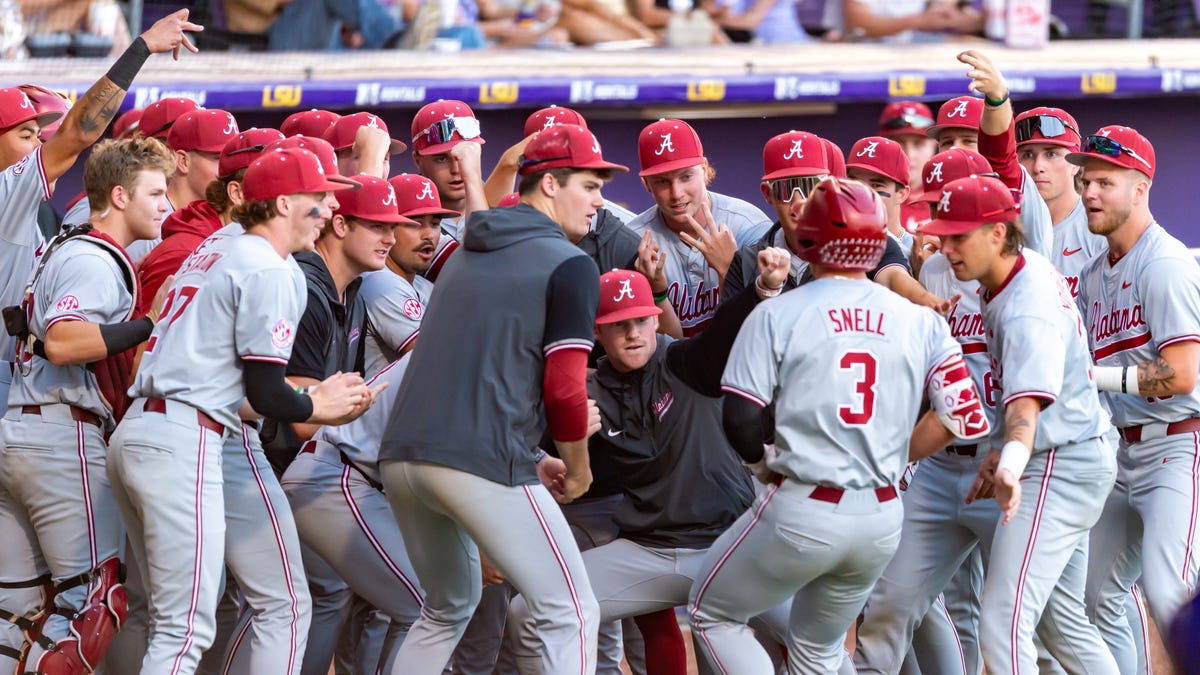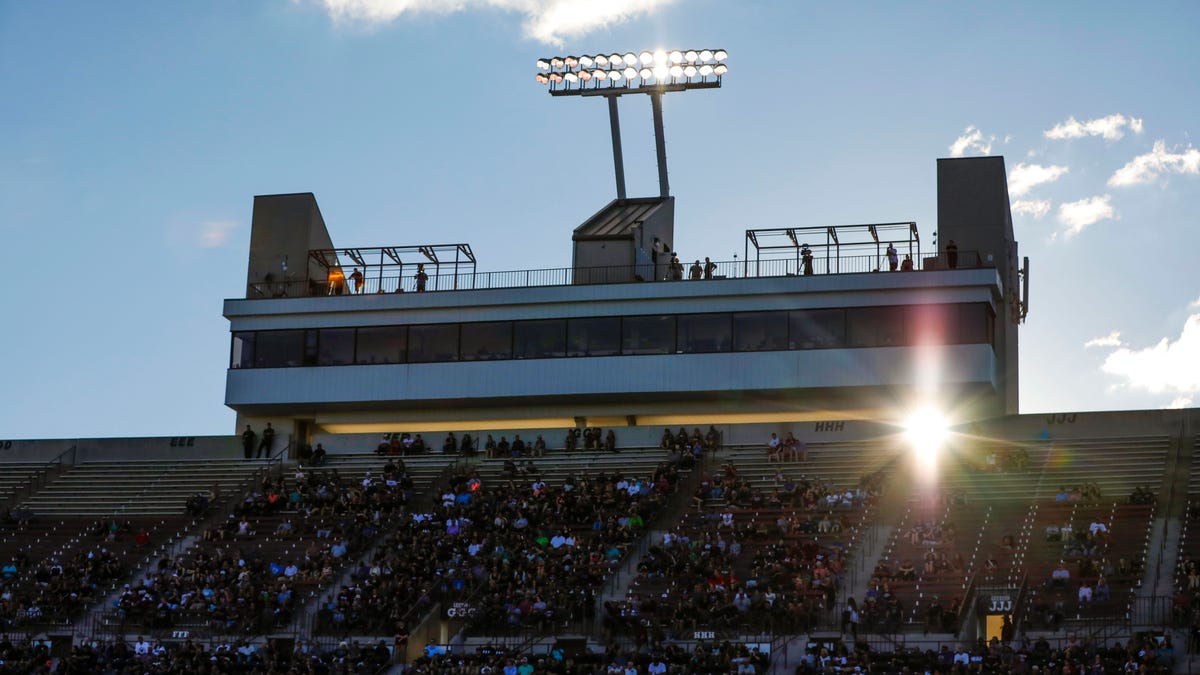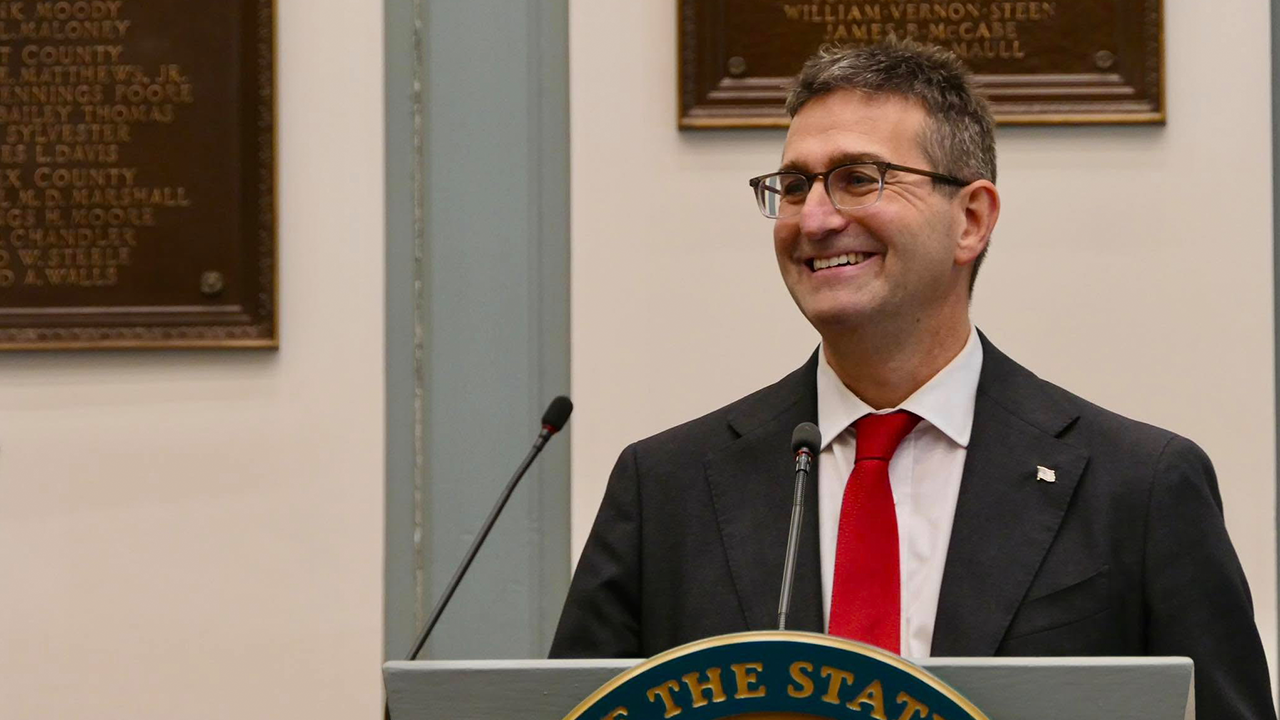Image credit:
Missouri head coach Kerrick Jackson (Photo courtesy of Thomas Raymond/Mizzou Athletics)
Kerrick Jackson didn’t duck the reality of the moment.
He didn’t point to Missouri’s meager budget, outdated facilities or the resource chasm that separates it from the rest of the Southeastern Conference—even if he would’ve been well within his rights to do so.
Instead, after Tuesday morning’s season-ending 4-1 loss to Alabama in the opening round of the SEC Tournament, the second-year Tigers coach made clear that his team’s last-place finish was his responsibility.
“Ultimately, it’s on me,” he said bluntly. “The one thing that as I look back on the year and reflect, the team should reflect who I am as an individual and how I go about my business, and there wasn’t enough of that.”
This wasn’t postgame deflection or hollow contrition. Jackson has always been direct, always embraced accountability. It’s part of why Missouri hired him in the first place, hoping he could ignite a long-stalled engine.
That turnaround hasn’t come—at least not yet. And few coaches in college baseball face a steeper climb.
Missouri hasn’t reached the NCAA Tournament since 2010 and has just one super regional appearance in its Division I history. Since joining the SEC in 2013, the Tigers have finished .500 or better in conference play only once. The Big 12 was more forgiving. But there’s no going back now.
In a league defined by superlatives—biggest crowds, deepest pockets, flashiest facilities—Missouri remains the outlier. Not because it wants to be. Not because it’s unwilling to try. But because the cold truth is it lacks what most others in the SEC take for granted: real, sustainable resources.
It’s no excuse. Just reality.
“We have not necessarily invested to the level that we need to, candidly,” athletic director Laird Veatch acknowledged publicly earlier this month.
While other SEC programs are spending millions to construct rosters brimming with future MLB talent, the Tigers operate without those advantages. It’s a major handicap in a sport propelled by deep pockets.
They play in one of the conference’s smallest stadiums, with one of its smallest budgets and a limited support staff. Unsurprisingly, the program has struggled mightily to stay afloat in the nation’s most demanding baseball league.
That disparity came into full focus in 2025, a season that ended with Missouri at 16-39 overall and just 3-27 in SEC play. It was a brutal campaign by any measure, punctuated by a quiet, familiar exit in Hoover. Missouri didn’t just finish last—it finished historically last, winning the fewest amount of conference games in the SEC’s 30-game era.
“We’re an immature baseball club,” Jackson said Tuesday. “And I don’t mean that disrespectfully. It’s just the reality of what it is.”
Jackson understands the uphill nature of his current job and believes his experiences in other Division I rebuilds will ultimately help him succeed.
He knows that competing in the SEC without the same financial backing or infrastructure is like entering a Formula 1 race in a pickup. But he also knows that dwelling on disadvantages won’t move the program forward. Progress, as he sees it, starts with controlling what he can and outworking everyone else.
So for all the structural drawbacks and on-field struggles, Jackson isn’t waving a white flag. Instead, he’s leaning fully into the challenge, even if that sometimes feels unfair.
“We got to get it done regardless,” Jackson told Baseball America. “Whatever [Missouri’s athletic department] can do to assist us is phenomenal but, in the meantime, I need to keep grinding and make sure we get it done regardless of the resources we have.”
One resource Jackson knows he can count on is time. His relationship with Veatch, who hired him at Memphis in 2023, has given him that increasingly rare commodity in college athletics.
“It’s huge because I’m not looking over my shoulder,” Jackson said. “When [Veatch] comes in, I know he’s a baseball guy. I was fortunate that the guy who hired me at Memphis got the job here. He knows what I’m capable of. That’s why he hired me at Memphis. I can do the same thing here.”
Still, there’s no illusion about what that will take, especially in this league. Jackson is acutely aware of Missouri’s current place in the SEC pecking order and knows just how different things are in Columbia, where there’s less tradition, less money, less built-in support.
But that hasn’t changed his vision.
“I know this place,” he said. “I know where we’re different than the rest of the SEC. I know we have some disadvantages. That doesn’t stop me from wanting us to be one of the top programs in the country but, more importantly, to put us in position to improve and succeed.”
And despite a season that ended with just three SEC wins and more questions than answers, Jackson sees the challenge as fertile ground—not a death sentence.
“What I like about adversity is, it becomes great if you learn from it and move forward from it,” he said.
Growth won’t come overnight. But, the way Jackson sees it, acknowledging the issues is a start. And at Missouri—a place where reaching the postseason has long felt aspirational rather than expected—that start matters.
Especially if it comes with the belief—however stubborn or unorthodox—that the climb is worth it.
“As we’re the biggest story for how bad we are this year,” Jackson said, “I promise you, we’ll be the biggest story for how good we’re going to be next year.”































